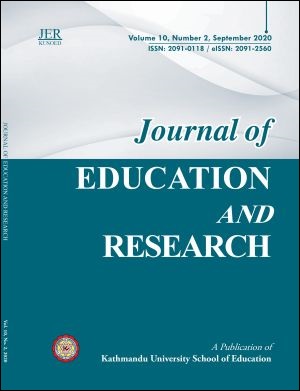Impact of Dual Role of Teaching and Practice on School Counsellors’ Productivity in Nigeria
Keywords:
Counsellor’s Productivity, Counsellor Practitioner, Teaching, Counselling, Dual RoleAbstract
The dual role of teaching and professional counselling practice is a common trend in Nigerian school system. Much research has not been conducted on the impact of this dual role on school counsellors’ efficiency and performance. The study investigated the impact of dual role of teaching and practice on counsellors’ productivity in Ilorin, Nigeria. A mixed method approach was employed on a sample of 149 school counsellors in Ilorin metropolis, Nigeria using the snow ball sampling. A scale tagged “Impact of Dual Role on Counsellors’ Productivity” was used to gather quantitative data from 149 school counsellors while an interview was further conducted to gather qualitative data from 10 school counsellors. The quantitative data obtained were analyzed using percentage, mean and ranking order analysis, t-test and ANOVA while the qualitative data was coded and narrated thematically. The findings revealed that dual role negatively affects the counsellors’ effective communication with the client; competence in handling client issues; prompt follow- up of client cases and having time to study client cases among others. Counsellors also hold the opinion that dual role affects proper record keeping, efficient organisation of guidance programme, proper follow-up of client cases among others. The study also found that the perception of respondents on influence of dual role varies based on length of year in service but they share similar views based on gender. The study concluded that dual role affects counsellors’ efficient service delivery in the school system.




